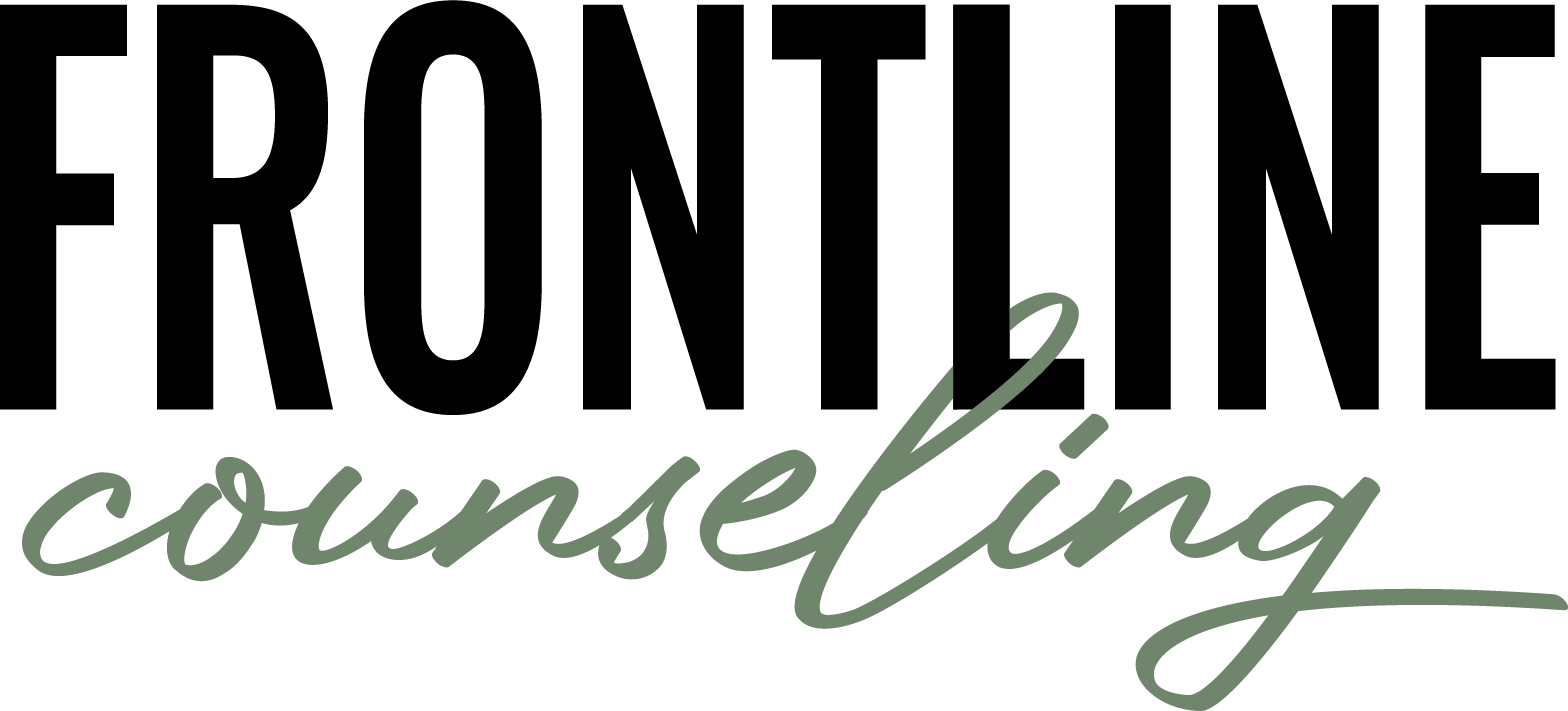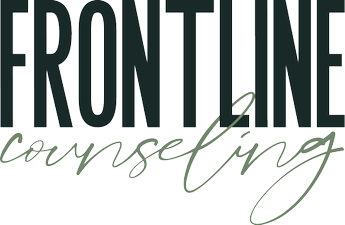Coping with Grief and Loss: How to Grieve the Death of Someone You Love
Grief and loss are some of the hardest experiences any of us will ever face. Losing someone you love shakes your world at its core, bringing emotions that are deep, raw, and overwhelming. This article explores the grieving process, offering compassionate advice, insights on coping with grief, and practical support to help you navigate bereavement after the loss of a loved one. If you're struggling to understand your emotions or looking for healthy ways to cope after the death of someone you love, this guide is for you.
Article Outline: Grieving the Loss of Someone You Love
1. What Happens When You Grieve the Loss of a Loved One?
2. How Does the Grieving Process Work?
3. What Is Complicated Grief and How Is It Different?
4. Why Is Mourning the Loss So Important?
5. How to Find Support When You’re Grieving
6. When Should You Seek Professional Help or Grief Counseling?
7. How Do Different Types of Losses Affect Grieving?
8. What Are Healthy Ways to Cope with Grief?
9. How Long Does It Take to Come to Terms with Your Loss?
10. How to Support Friends and Loved Ones Who Are Grieving
What Happens When You Grieve the Loss of a Loved One?
When you grieve the loss of a loved one, a range of powerful emotions can surface, shock, sadness, anger, guilt, even relief. Grieving people often experience an intense longing for the person who died. These feelings are all a natural response to loss.
The experience of grieving a loss isn't linear. You might feel like you’re moving forward one day, only to be overwhelmed by grief the next. Everyone’s reaction to loss is deeply personal, and it’s important to honor whatever feelings arise without judgment.
Recognizing that grief is not something you "get over," but something you learn to live with, is the first step in healing.
How Does the Grieving Process Work?
The grieving process typically unfolds in phases, though not always in a set order. Common stages include denial, anger, bargaining, depression, and acceptance. These stages were popularized by Elisabeth Kübler-Ross but remember that not everyone experiences all of them.
Acute grief is often felt in the early weeks after the death of a loved one, an intense, all-consuming pain. Over time, however, people find that grief softens, becoming less overwhelming and more integrated into everyday life.
Acknowledging the reality of the death of someone you love is key to moving through the grieving process and eventually finding peace.
What Is Complicated Grief and How Is It Different?
Complicated grief occurs when the normal grieving process becomes stuck or prolonged, making it hard for a person to adjust to life after a major loss. It’s more than just sadness, it’s a relentless feeling of longing and pain that doesn’t ease over time.
Signs of complicated grief include avoiding reminders of the person who died, intense yearning months or years later, or difficulty trusting others. This type of grief may require special attention, including professional help from a grief counselor.
Understanding the difference between normal bereavement and complicated grief can help you know when to seek help and begin to heal.
Why Is Mourning the Loss So Important?
To mourn openly is a vital part of healing. Whether it’s through crying, talking, journaling, or participating in rituals like funerals, mourning the loss gives grief a voice.
Without mourning, feelings can fester beneath the surface, leading to mental health challenges later. Openly mourning helps people come to terms with the reality of their loss of a loved one.
Even if societal expectations make it hard to grieve publicly, sometimes called disenfranchised grief when a loss is devalued, finding private or safe ways to mourn is essential for long-term well-being.
How to Find Support When You’re Grieving
You don’t have to grieve alone. Many people find strength by connecting with a support group, friends, family, or therapists. A bereavement support group connects you with others who have experienced similar losses, making it easier to share your journey.
Compassionate Friends, local churches, and even some funeral homes offer grief support services. In addition, online therapy options have made it easier than ever to find support if in-person meetings are difficult.
Seeking connection is one of the most powerful ways to cope with the pain of grief and find your path toward healing.
When Should You Seek Professional Help or Grief Counseling?
If grief feels unbearable for a long period, or if you’re unable to function daily, it's time to seek help. A licensed counselor or mental health professional trained in grief counseling can offer guidance.
Signs that you might need professional help include persistent depression, withdrawal from loved ones, intense guilt, or thoughts of self-harm. Sometimes the death of someone you love triggers old unresolved traumas or mental health challenges that require expert support.
There’s no shame in getting help, it’s one of the healthiest choices you can make for yourself when coping with profound bereavement.
How Do Different Types of Losses Affect Grieving?
Not all grief is the same. The loss of a child, a spouse’s death, or a parent’s death each bring unique challenges and feelings. A major loss like the sudden death of someone you love can feel overwhelming and disorienting.
Anticipatory grief can also arise when you know death is coming, such as during a terminal illness. This form of grief can complicate mourning because it begins before the actual death of a loved one.
Respecting your own unique grief experience, whatever the circumstances of your loss, is essential for healing.
What Are Healthy Ways to Cope with Grief?
There are many healthy ways to cope with grief, even though the pain may feel unbearable at times. Writing, creating art, exercising, spending time in nature, or volunteering for a cause you care about can all be healthier ways to cope.
Talking to others, joining a support group, or using online therapy services can help you process your emotions. Finding constructive outlets for sorrow and anger is crucial.
Remember, coping with grief is not about forgetting or moving on, it’s about finding a way to live with the memory and feel the loss while still creating meaning and joy in life.
How Long Does It Take to Come to Terms with Your Loss?
There’s no timeline for grief. Some people come to terms with their loss in months; others take years. Terms with your loss will come at your own pace and may not match others' expectations.
Grieving your loss is a deeply personal journey. Avoid comparing yourself to others or feeling pressured to "move on." Grief and loss change you permanently, but healing happens as you gradually learn to integrate your grief into your life.
Being gentle with yourself is the best gift you can offer as you adapt to your significant loss.
How to Support Friends and Loved Ones Who Are Grieving
If someone close to you is grieving, it can be hard to know how to help. The most important thing is to show up. Simply being present, listening without judgment, offering a hug, sitting in silence, can mean more than you realize.
Avoid clichés like "they’re in a better place," and instead talk about your loss in a way that honors the grief. Ask open-ended questions like "What do you miss most about them?" or "How are you coping today?"
These small acts are profound ways to help someone come to terms with their pain, and let them know they are not alone.
Key Takeaways: Facing Grief with Compassion and Strength
- Grieve in your own way and at your own pace, there’s no "right" way to heal.
- The grieving process includes many stages; not all happen in order.
- Complicated grief may require professional help to resolve.
- Openly mourning the loss is vital for emotional health.
- Find support through groups, friends, or grief counseling.
- Different kinds of major loss, like a parent’s death or loss of a child, affect people uniquely.
- Use healthy ways to cope such as writing, art, or volunteering for a cause.
- Healing doesn’t mean forgetting, it means learning to live again.
- Helping others who are mourning the loss of someone close makes a powerful difference.
- Remember: Grief is a natural response to loss, and you are not alone.
SHARE THIS POST:
Megan Randall, LCSW, EMDR Certified
Founder of Frontline Counseling
I’m Megan Randall, LCSW, and I’m here to help you navigate these challenges, rebuild your life, and regain clarity and strength. As a trauma specialist, I’m passionate in helping my clients overcome the emotional and psychological effects of their painful experiences.
Helpful Articles
Our Recent Post



